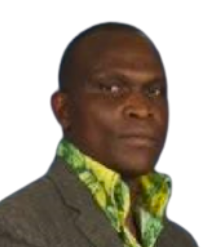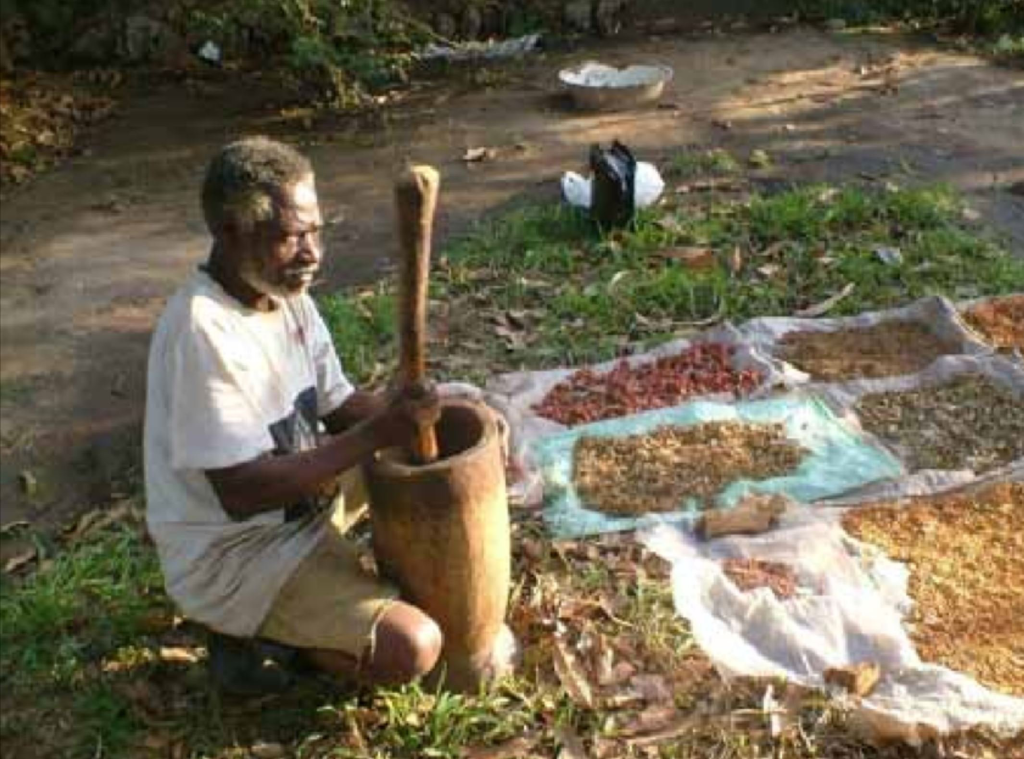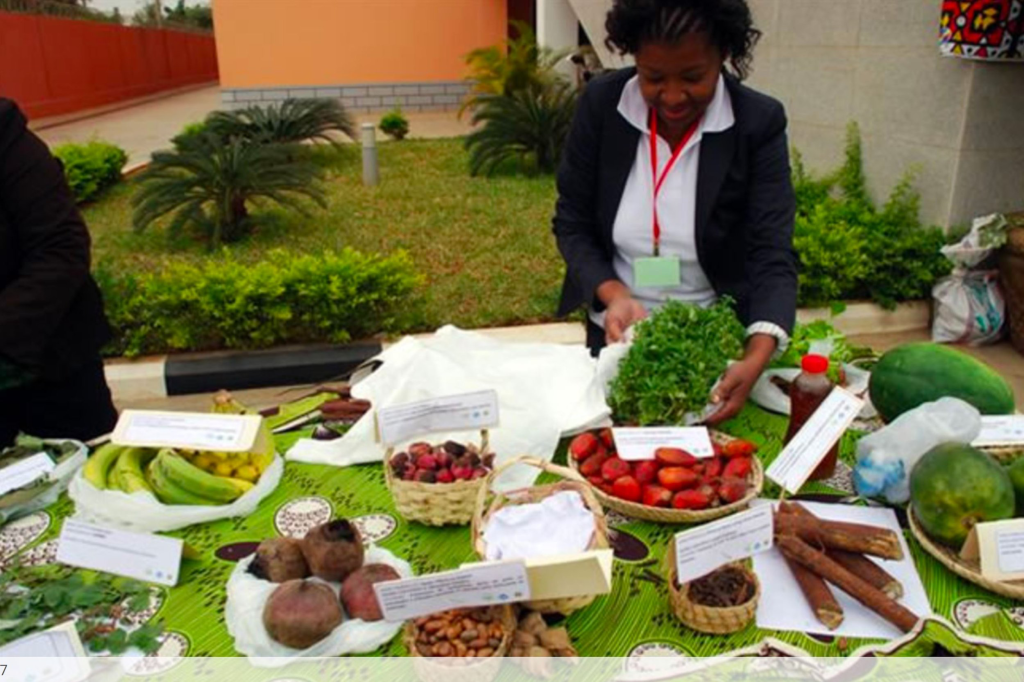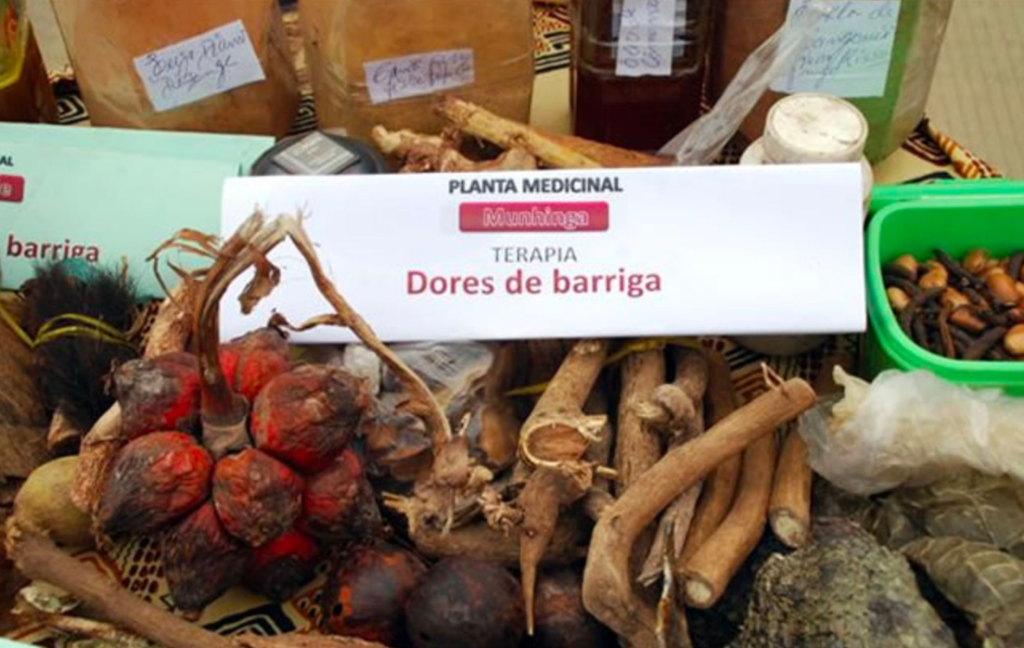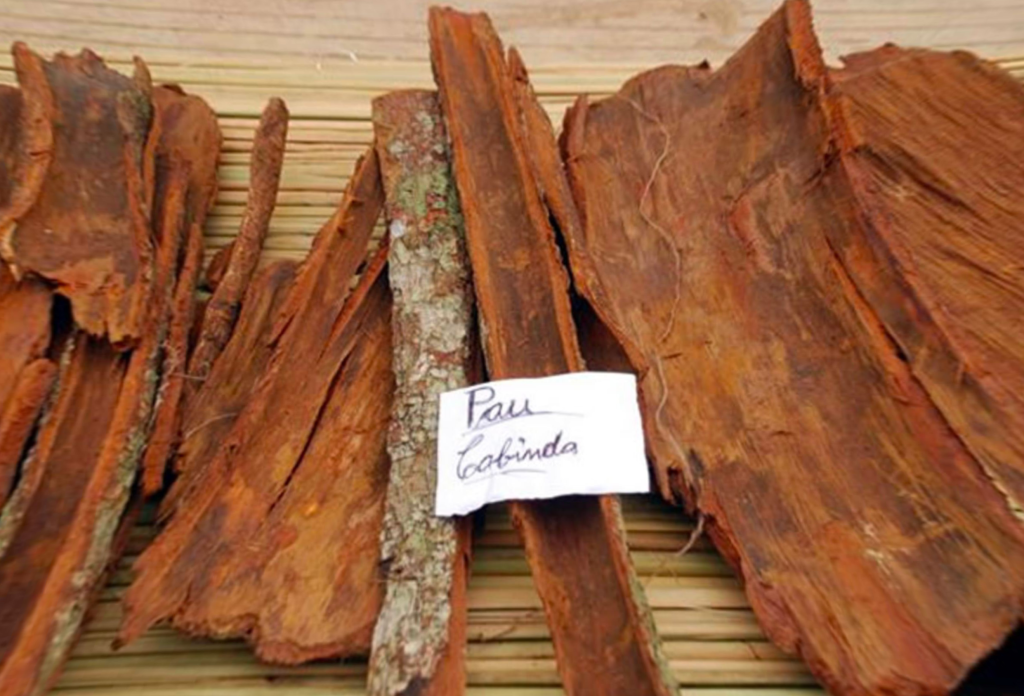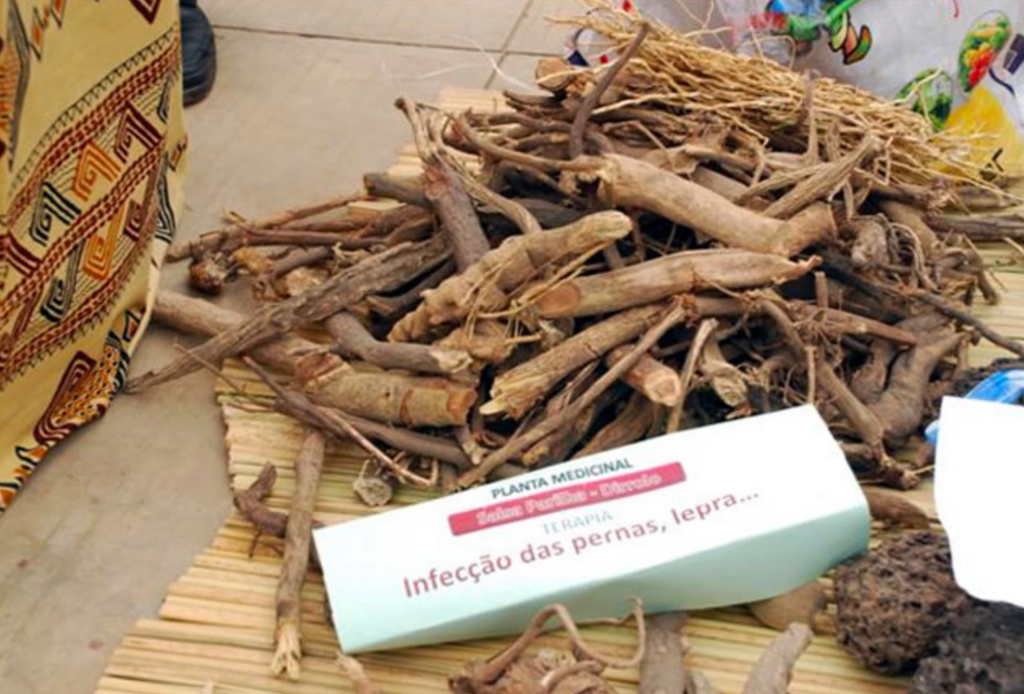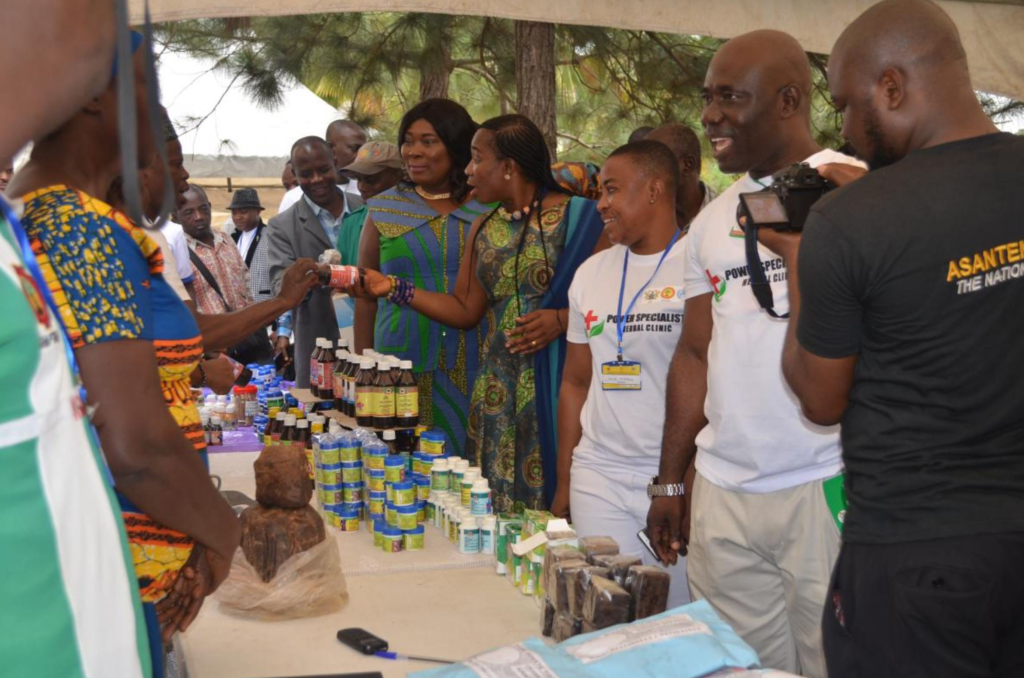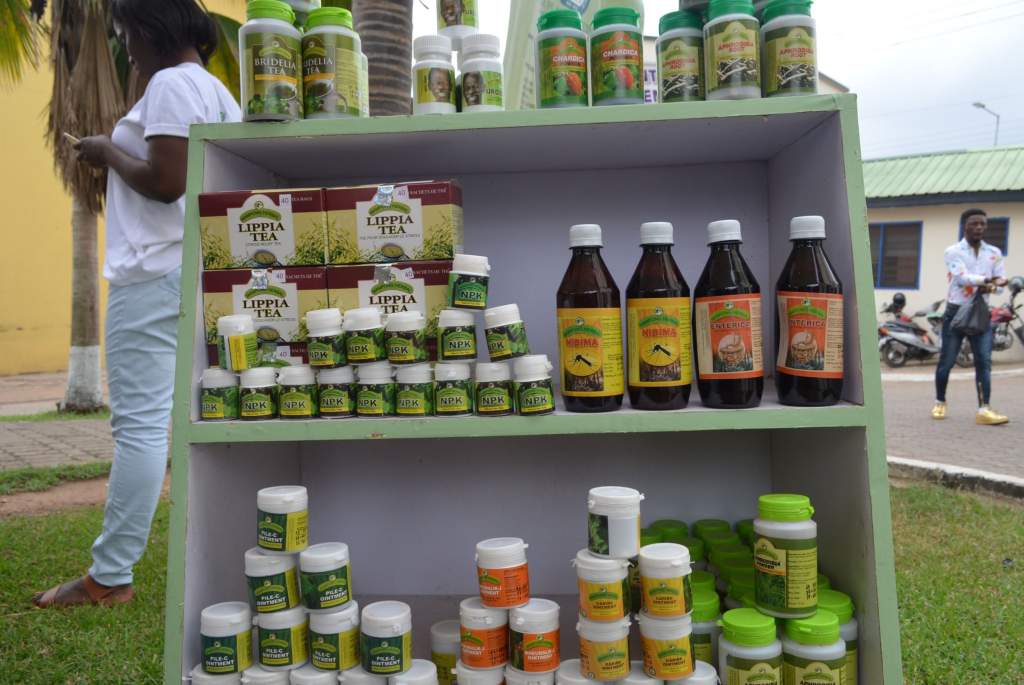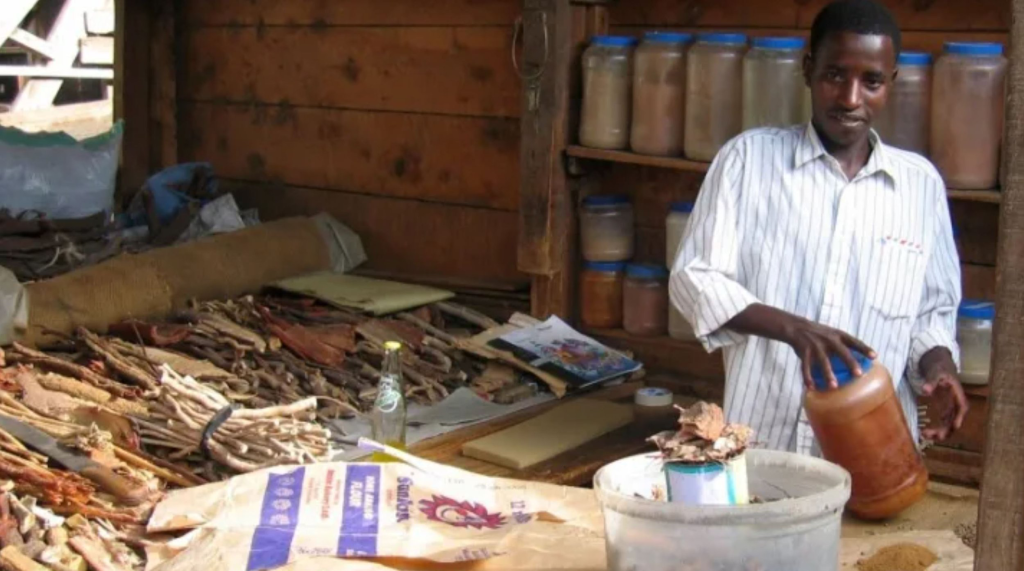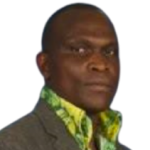Moving on to the subsequent phase, Mama Gatabazi combined dried powdered herbs with another batch of freshly pounded herbs, adding an intriguing twist. She ventured to her thatched-roof house, selecting a specific stick from its framework. This unassuming stick was bestowed with a name of great significance – “Twayigize,” my very own last name. With gentle precision, she immersed this stick in the amalgam of herbs she had prepared, placing it tenderly on the affected area. In her soft, soothing voice, she would murmur, “This is Twayigize, your son who is hurting. May you bring healing into his life and health so that he may return to play with his friends, fetch water from the river for his family, and once again be the lively, playful boy he used to be.” Mama Gatabazi would then invoke the names of God – Imana in Kinyarwanda, the Creator (Ruhanga), the Healer (Mukiza), the Comforter (Umuhoza), and the Giver of life (Rurema), entreating divine intervention to work through her herbs and facilitate relief and healing.
In the final phase, Mama Gatabazi would carefully collect soil from her very own compound, symbolizing the life-giving qualities of the earth. With reverence, she blended this fertile soil with other carefully selected herbs from her calabash, forming a potent concoction infused with both the natural world and her spiritual intentions. As she held this amalgam in her hands, she would beseech Rurema, the Creator of the universe, to harness the richness of this soil and use it as a powerful instrument of healing. Her prayers, infused with unwavering faith, continued to flow, appealing for not only physical restoration but also vitality and strength. Mama Gatabazi asked Rurema to restore my health and grant me a future where I would once again move with the grace of a gazelle, play with the spirited energy of an Impala, and exude the boundless enthusiasm of a young calf.
With the culmination of this intricate ritual, Mama Gatabazi would gently return the herbs and the sacred stick, christened “Twayigize,” to the precise spot on her thatched house’s framework where she had retrieved it. This harmonious blend of herbal expertise and spiritual invocation typically spanned between 15 to 20 minutes, an awe-inspiring testament to her unique healing skills and prowess. While Mama Gatabazi occasionally embarked on these treatment procedures alone, her firstborn, Gatabazi, would sometimes lend a helping hand by going to the forest to collect the necessary herbs because she was getting older and in her 70s, and Gatabazi was the chosen son to take over from her with these healing powers and skills once she joined her ancestors. As the transformative process reached its conclusion, she would graciously instruct the boys who had brought me to her home to transport me back on the stretcher to my father’s house where I was supposed to wait until I am healed.
